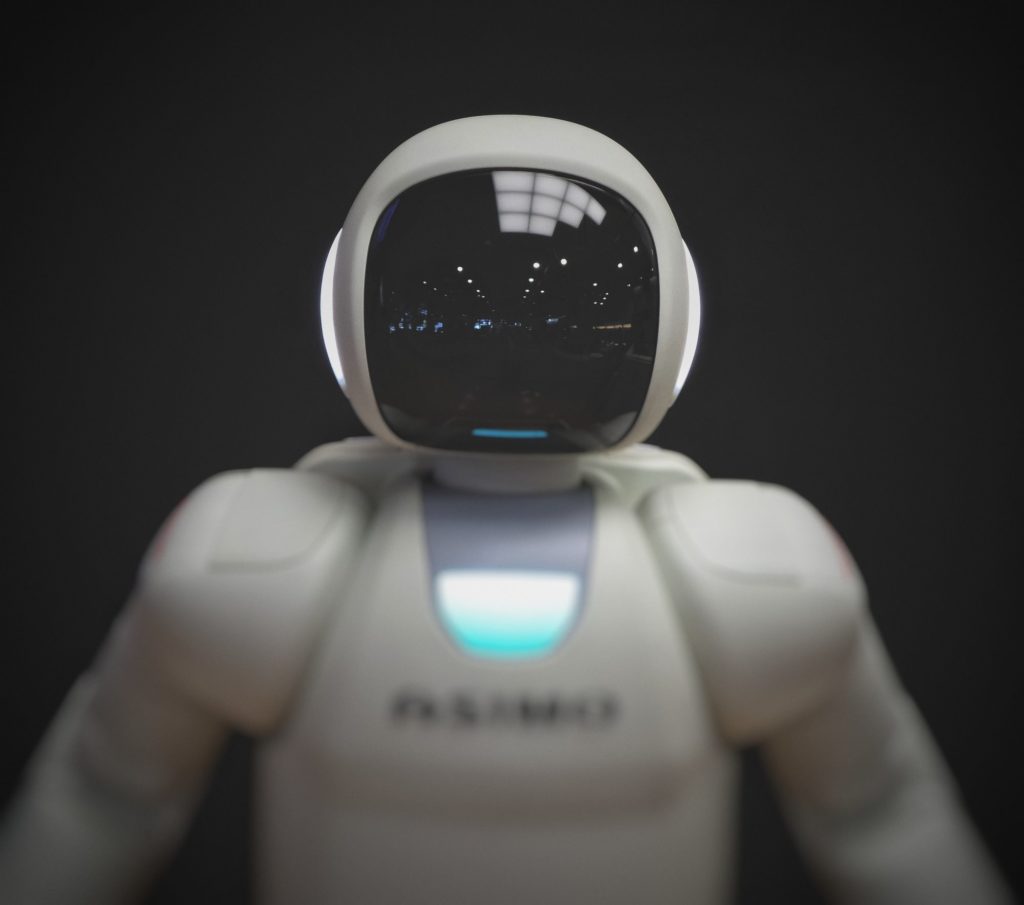Several years ago I wrote a post that looked at every form of learning “-agogy” I could find. Every once in a while I think that I probably need to do a search to see if others have been added so I can do an updated post. I did find a new one today, but I will get to that in a second.
The basic concept of educational -agogy is that, because “agogy” means “lead” (often seen in the sense of education, but not always), you combine who is being led or the context for the leading with the suffix. Ped comes from the Greek word for “children,” andr from “men,” huet from “self,” and so on. It doesn’t always have to be Greek (peeragogy, for example) – but the focus is on who is being taught and not what topic or tool they are being taught.
I noticed a recent paper that looks to make dronagogy a term: A Framework of Drone-based Learning (Dronagogy) for Higher Education in the Fourth Industrial Revolution. The article most often mentions pedagogy as a component of dronagogy, so I am not completely sure of the structure they envision. But it does seem clear that drones are the topic and/or tool, and only in certain subjects. Therefore, dronology would have probably been a more appropriate term. They are essentially talking about the assembly and programming of drones, not teaching the actual drones.
But someday, something like dronagogy may actually be a thing (and “someday” as in pretty soon someday, not “a hundred years from now” someday). If someone hasn’t already, soon someone will argue that Artificial Intelligence has transcended “mere” programming and needs to be “led” or “taught” more than “programmed.” At what point will we see the rise of “botagogy” (you heard it here first!)? Or maybe “technitagogy” (from the Greek word for “artificial” – technitós)?
Currently, you only hear a few people like George Siemens talking about how humans are no longer the only form of “intelligence” on this planet. While there is some resistance to that idea (because AI is not as “intelligent” as many think it is), it probably won’t be much longer before there is wider acceptance that we actually are living in a future where humans are not the only form of “intelligence” around. Will we expand our view of leading/teaching to include forms of intelligence that may not be like humans… but that can learn in various ways?
![]() Hard to say, but we will probably be finding out sooner than a lot of us think we will. So maybe I shouldn’t be so quick to question dronagogy? Will drone technology evolve into a form of intelligence someday? To be honest, that just sounds like a Black Mirror episode that we may not want to get into.
Hard to say, but we will probably be finding out sooner than a lot of us think we will. So maybe I shouldn’t be so quick to question dronagogy? Will drone technology evolve into a form of intelligence someday? To be honest, that just sounds like a Black Mirror episode that we may not want to get into.
(Feature image by Franck V. on Unsplash)
Matt is currently an Instructional Designer II at Orbis Education and a Part-Time Instructor at the University of Texas Rio Grande Valley. Previously he worked as a Learning Innovation Researcher with the UT Arlington LINK Research Lab. His work focuses on learning theory, Heutagogy, and learner agency. Matt holds a Ph.D. in Learning Technologies from the University of North Texas, a Master of Education in Educational Technology from UT Brownsville, and a Bachelors of Science in Education from Baylor University. His research interests include instructional design, learning pathways, sociocultural theory, heutagogy, virtual reality, and open networked learning. He has a background in instructional design and teaching at both the secondary and university levels and has been an active blogger and conference presenter. He also enjoys networking and collaborative efforts involving faculty, students, administration, and anyone involved in the education process.
